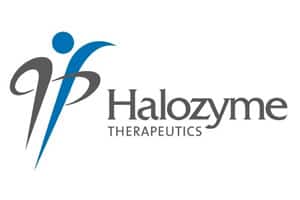 There was relief for Halozyme Therapeutics after it was told it can resume a clinical study investigating a potential treatment for pancreatic cancer.
There was relief for Halozyme Therapeutics after it was told it can resume a clinical study investigating a potential treatment for pancreatic cancer.
The US FDA yesterday removed the hold on patient enrolment and dosing of PEGPH20 two months after Halozyme was forced to halt its phase II trial due to safety concerns.
Fears were raised when the drug was associated with a greater risk of blood clots in patients, with early data suggesting the rate of thromboembolic events in the PEGPH20 arm of the trial was higher than that of the non-PEGPH20 arm.
Since that time Halozyme has worked with the FDA and an independent data monitoring committee to assess the data and has come up with a revised protocol for the study to allow it to continue.
The updated trial now includes a second primary endpoint to assess the thromboembolic event rate in patients receiving PEGPH20.
Patients who are at higher risk of thromboembolic events have also been excluded from trial participation while patients still involved in the trial will be given low-molecular weight heparin to prevent thromboembolic events, such as pulmonary embolism or deep vein thrombosis.
With the trial now back underway, Halozyme said it intends to recruit another 100 patients to add to the 100 or so already involved with the study.
The prospect of PEGPH20 is important not just for Halozyme and its shareholders but for people with pancreatic cancer, which has among the worst prognoses of any cancer and limited specific treatments.
Dr Helen Torley, president and CEO at Halozyme, said: “We are pleased to be able to continue enroling patients in this clinical programme as there remains a significant need for new treatment options for pancreatic cancer patients.”
PEGPH20 is not the only cancer drug to be associated with an increased risk of blood clot. Most recently Ariad’s leukaemia drug Iclusig faced safety investigations in both the US and EU after some patients developed blood clots, forcing the company to revise the drug’s safety recommendations.




